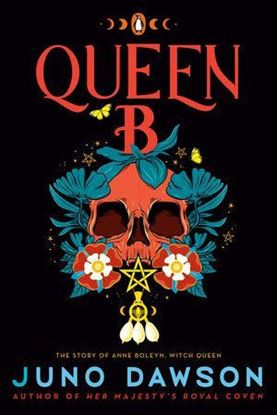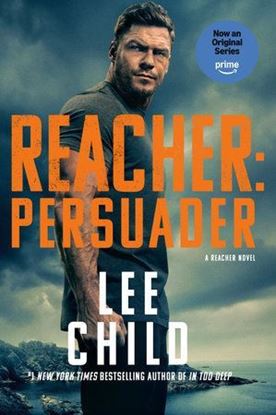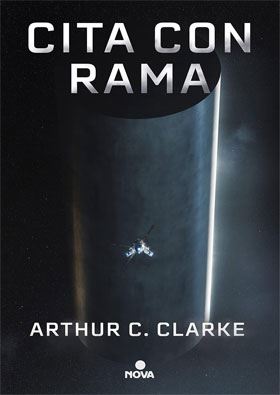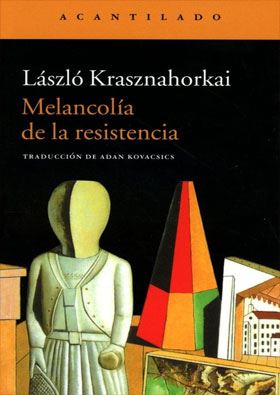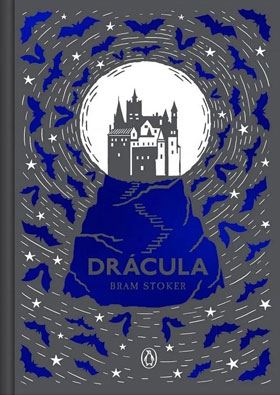

PRIDE AND PREJUDICE (VINTAGE CLASSIC)
No novel in English has given more pleasure than Pride and Prejudice. Because it is one of the great works in our literature, critics in every generation reexamine and reinterpret it. But the rest of us simply fall in love with it--and with its wonderfully charming and intelligent heroine, Elizabeth Bennet.
We are captivated not only by the novel's romantic suspense but also by the fascinations of the world we visit in its pages. The life of the English country gentry at the turn of the nineteenth century is made as real to us as our own, not only by Jane Austen's wit and feeling but by her subtle observation of the way people behave in society and how we are true or treacherous to each other and ourselves.
650
QUEEN B (4)
Lady Grace Fairfax, witch, knows that something foul is at play that someone had betrayed Anne Boleyn and her coven. Wild with the loss of their leader and her lover, a secret that if spilled could spell Grace’s own end she will do anything in her power to track down the traitor. But there’s more at stake than revenge: it was one of their own, a witch, that betrayed them, and Grace isn’t the only one looking for her. King Henry VIII has sent witchfinders after them, and they’re organized like they’ve never been before under his new advisor, the impassioned Sir Ambrose Fulke, a cold man blinded by his faith. His cruel reign could mean the end of witchkind itself. If Grace wants to find her revenge and live, she will have to do more than disappear.
1,250
QUEEN CHARLOTTE
as the marriage of Queen Charlotte and King George of England leads to an unexpected love story and a union that transforms society.
In 1761, on a sunny day in September, a King and Queen met for the very first time. They were married within hours.
Born a German Princess, Charlotte of Mecklenburg-Strelitz was beautiful, headstrong, and fiercely intelligent… not precisely the attributes the British Court had been seeking in a spouse for the young King George III. But her fire and independence were exactly what she, and her King, needed.
Because George has secrets… secrets with the potential to shake the very foundations of the monarchy.
750
REACHER: PERSUADER (MTI)
Jack Reacher lives for the moment. Without a home. Without commitment. And with a burning desire to right wrongs—and rewrite his own agonizing past. DEA Susan Duffy is living for the future, knowing that she has made a terrible mistake by putting one of her own female agents into a death trap within a heavily guarded Maine mansion.
Staging a brilliant ruse, Reacher hurtles into the dark heart of a vast criminal enterprise. Trying to rescue an agent whose time is running out, Reacher enters a crime lord’s waterfront fortress. There he will find a world of secrecy and violence—and confront some unfinished business from his own past.
1,250
REAL AMERICANS
Real Americans begins on the precipice of Y2K in New York City, when twenty-two-year-old Lily Chen, an unpaid intern at a slick media company, meets Matthew. Matthew is everything Lily is not: easygoing and effortlessly attractive, a native East Coaster, and, most notably, heir to a vast pharmaceutical empire. Lily couldn't be more different: flat-broke, raised in Tampa, the only child of scientists who fled Mao’s Cultural Revolution. Despite all this, Lily and Matthew fall in love.
In 2021, fifteen-year-old Nick Chen has never felt like he belonged on the isolated Washington island where he lives with his single mother, Lily. He can't shake the sense she's hiding something. When Nick sets out to find his biological father, the journey threatens to raise more questions than it provides answers.
In immersive, moving prose, Rachel Khong weaves a profound tale of class and striving, race and visibility, and family and inheritance—a story of trust, forgiveness, and finally coming home.
Exuberant and explosive, Real Americans is a social novel par excellence that asks: Are we destined, or made? And if we are made, who gets to do the making? Can our genetic past be overcome?
995
RED LONDON
After her role in taking down a well-placed mole inside the CIA, Agent Lyndsey Duncan arrives in London fully focused on her newest Russian asset, deadly war criminal Dmitri Tarasenko. That is until her MI6 counterpart, Davis Ranford, personally calls for her help.
Following a suspicious attack on Russian oligarch Mikhail Rotenberg's property in a tony part of London, Davis needs Lyndsey to cozy up to the billionaire's aristocratic British wife, Emily Rotenberg. Fortunately for Lyndsey, there's little to dissuade Emily from taking in a much-needed confidante. Even being one of the richest women in the world is no guarantee of happiness. But before Lyndsey can cover much ground with her newfound friend, the CIA unveils a perturbing connection between Mikhail and Russia's geoplitical past, one that could upend the world order and jeopardize Lyndsey's longtime allegiance to the Agency.
Red London is a sharp and nuanced race-against-the-clock story ripped from today's headlines, a testament to author Alma Katsu’s thirty-five-year career in national security. It’s a rare spy novel written by an insider that feels as prescient as it is page-turning and utterly unforgettable.
1,350


